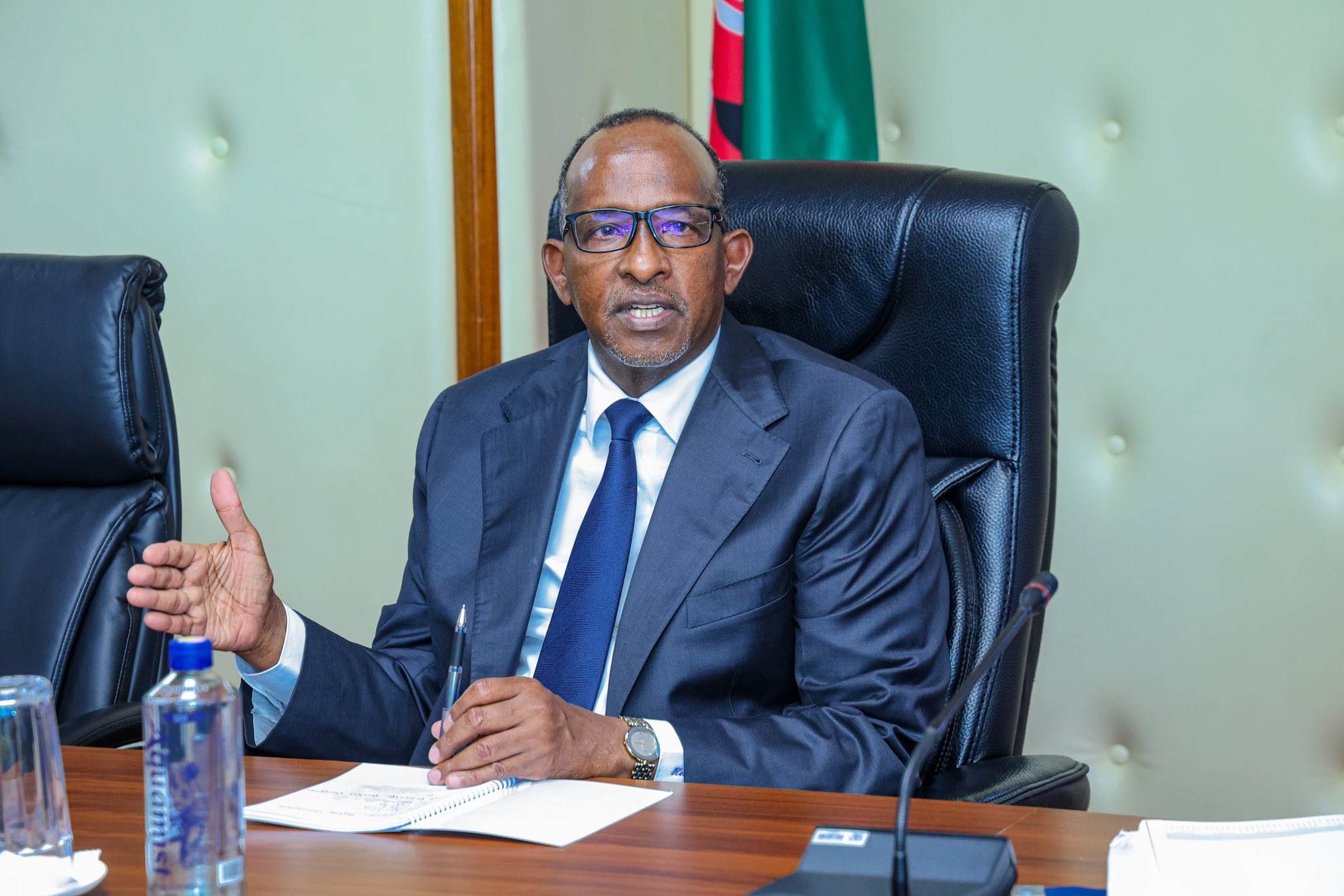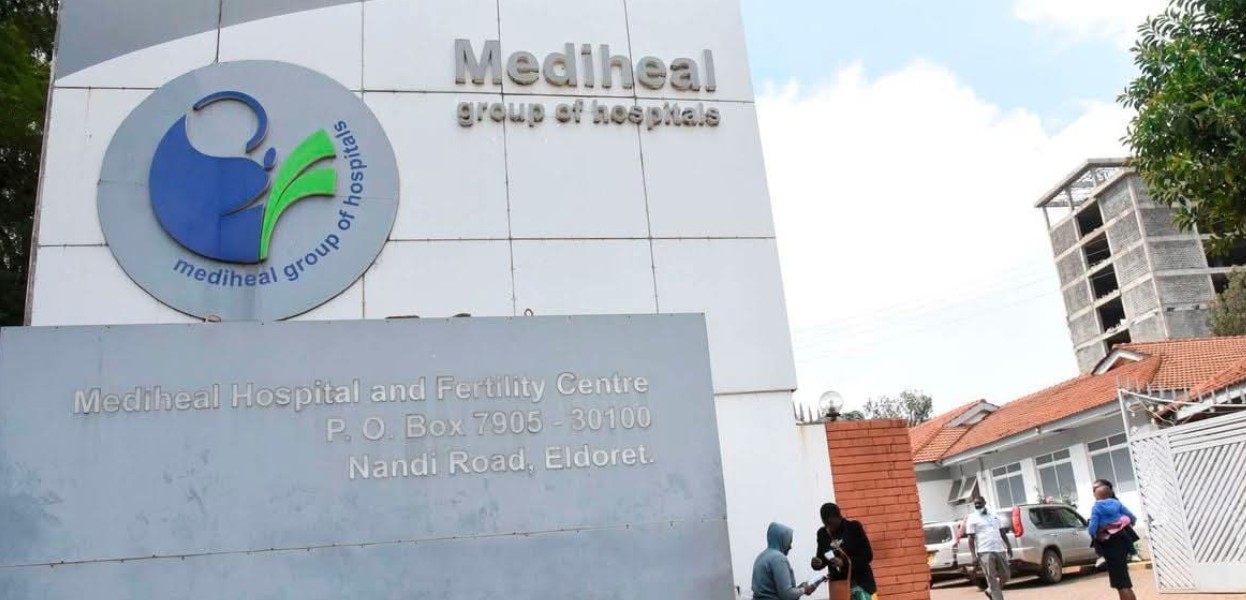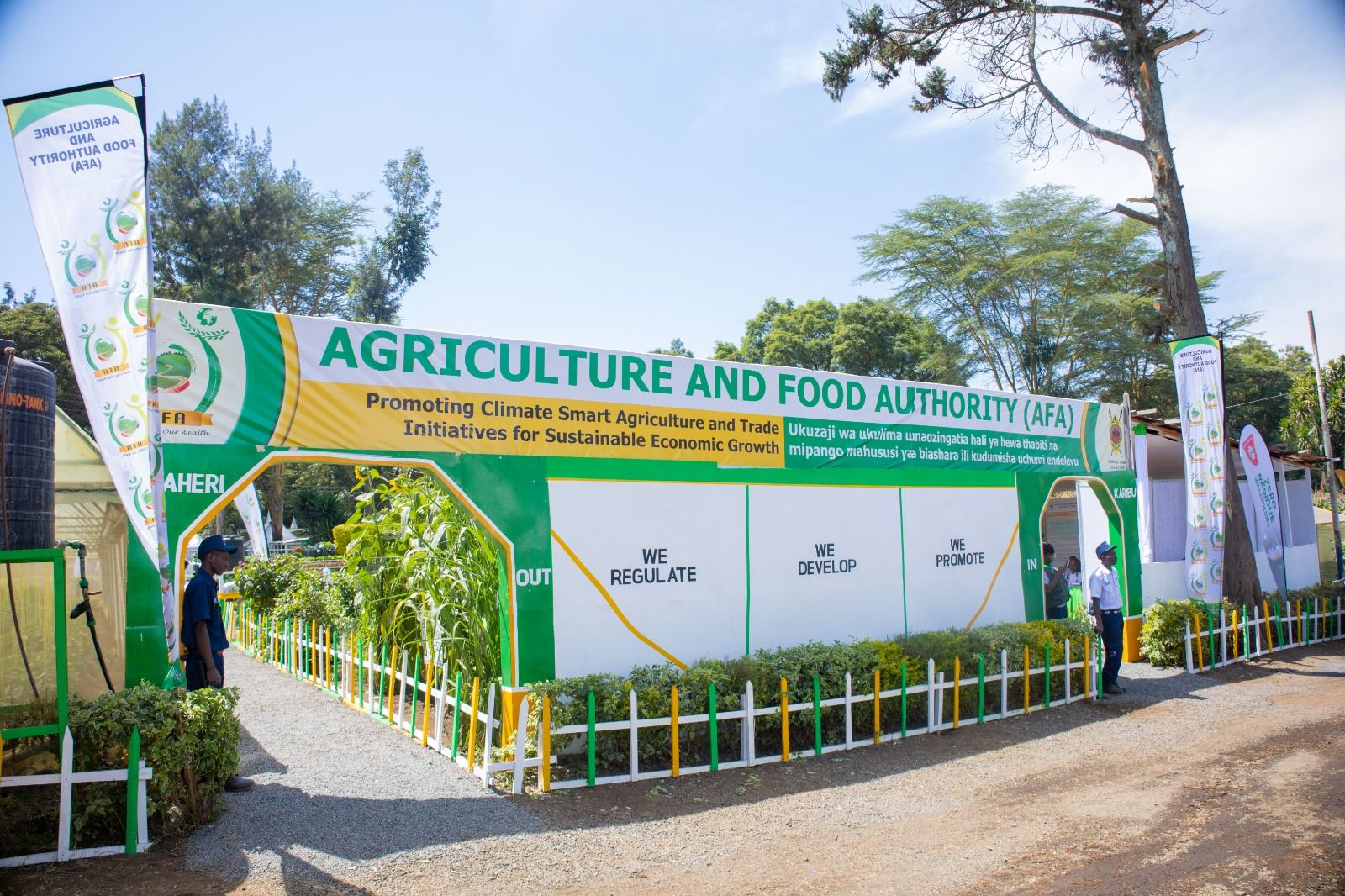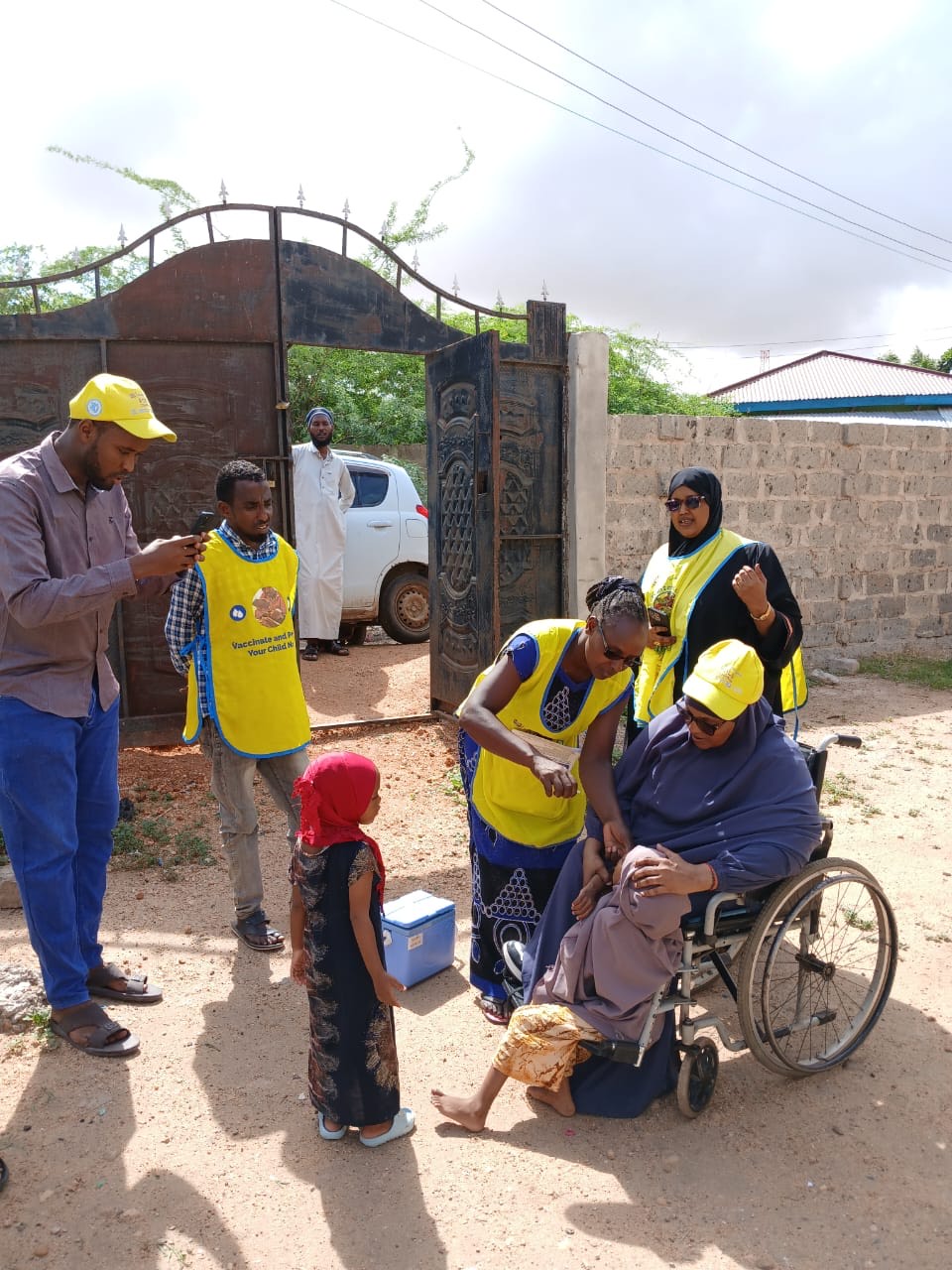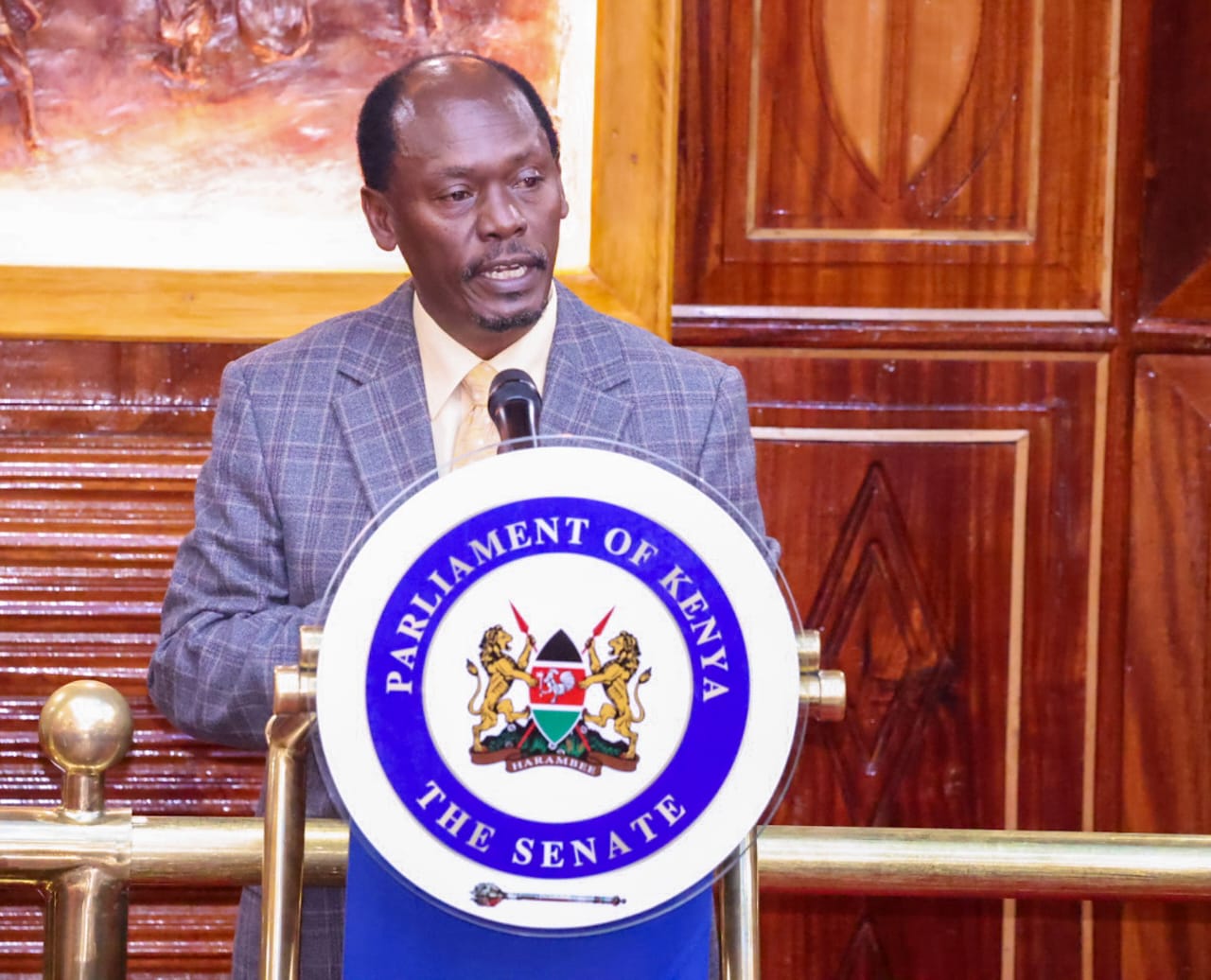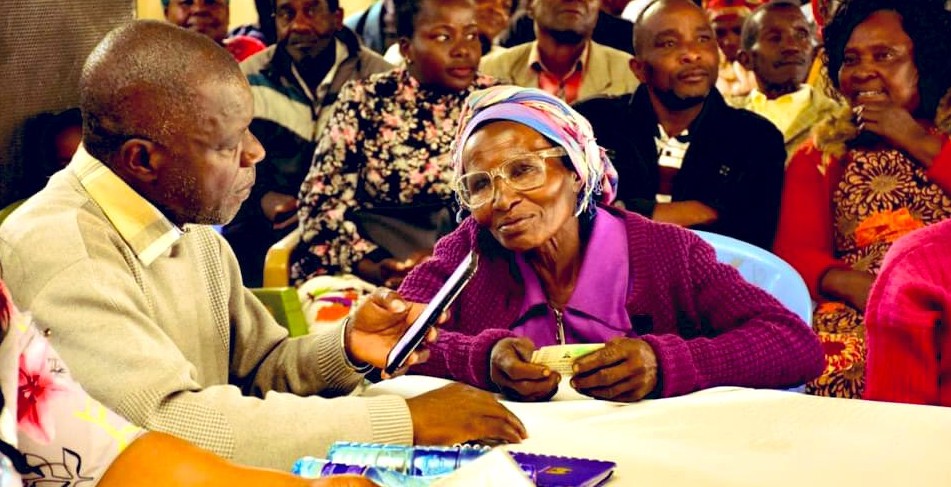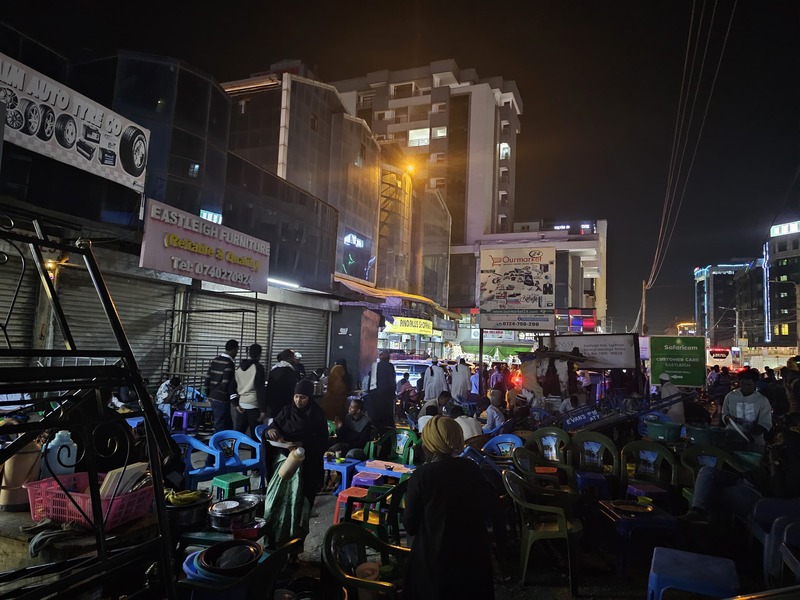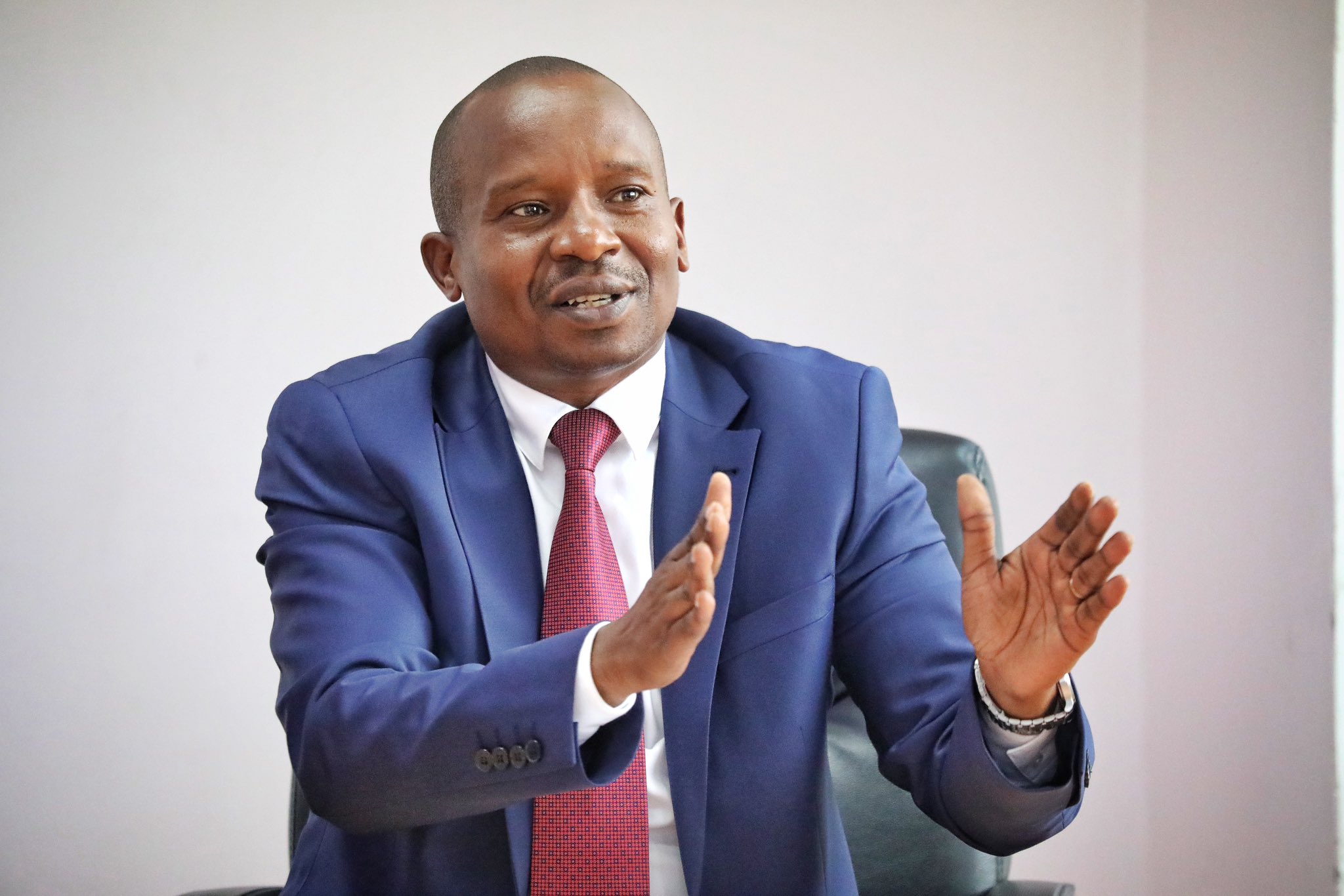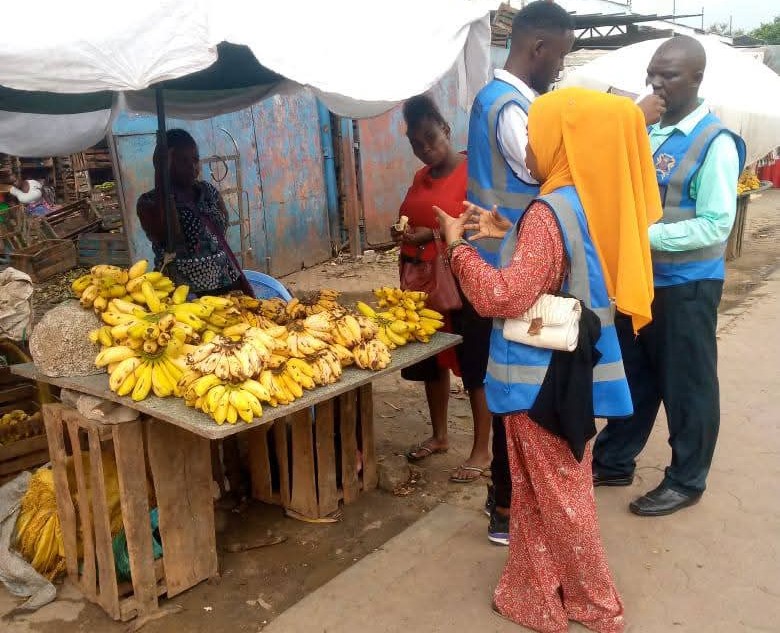Kenya Dairy Board launches four-year initiative to transform informal dairy sector
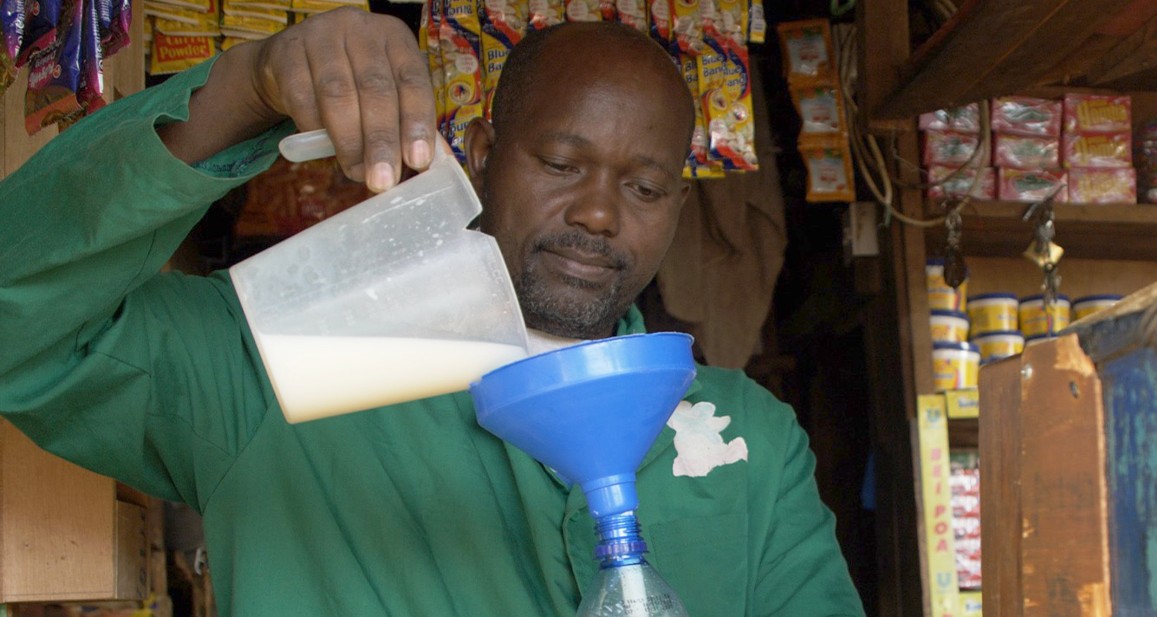
Dubbed ‘MoreMilk2’, the programme initially covers the counties of Uasin Gishu, Nakuru and Nyandarua and is being implemented in collaboration with the International Livestock Research Institute
The Kenya Dairy Board (KDB) has unveiled the second phase of a scale-up programme seeking to transform the country’s informal dairy sector, which accounts for nearly three-quarters of the country’s milk supply.
Dubbed ‘MoreMilk2’, the programme initially covers the counties of Uasin Gishu, Nakuru and Nyandarua and is being implemented in collaboration with the International Livestock Research Institute (ILRI).
More To Read
It follows the initial pilot phase 1, which covered Eldoret town, with the stakeholders committing to continue engaging other county governments and local partners across the country.
Set to run for four years, the programme aims to improve milk safety and quality and, for small-scale informal dairy businesses, ensure access to regulated markets.
It also seeks to support their gradual transition into certified enterprises that offer safe and quality dairy products for both local and external markets.
According to KDB, counties play a key role in shifting the model from top-down enforcement to bottom-up empowerment, and the initiative will help informal dairy vendors adopt best practices through training, coaching and incentives, showing the value of safe milk as a path to business growth, community health and consumer trust.
“Despite having a strong formal sector, informal milk markets still dominate. We must find a way to work with them rather than against them. We need to rethink how we police the sector, how we empower them so they can be more compliant,” said Maritim Kimutai, KDB Director for Regulatory Services.
For her part, Silvia Alonso, the Principal Scientist at ILRI, said the programme is not just about milk.
“It is about dignity. It is about equity. And it is about building a system where everyone; vendors, farmers, consumers and the government wins,” Alonso said.
The informal dairy sector plays a critical role in the nation’s economy and nutrition, providing affordable milk to millions of households.
Despite their important role in society, they face significant challenges, including lack of adequate support, inability to adhere to best milk handling practices and regulatory requirements and difficulties to check and maintain product quality and safety.
Notably, the KDB, mandated to regulate and promote Kenya’s dairy sector, has made significant strides in addressing these challenges.
In 2021, the agency revised its dairy regulations to align with modern technology and market demands, simplifying and automating permit processes and replacing the KDB license with a cost-free, compliance-based permit for small and medium dairy business operators.
The changes have significantly reduced barriers for small businesses to participate in the formal economy, paving the way for more inclusive and safer dairy markets.
Top Stories Today


